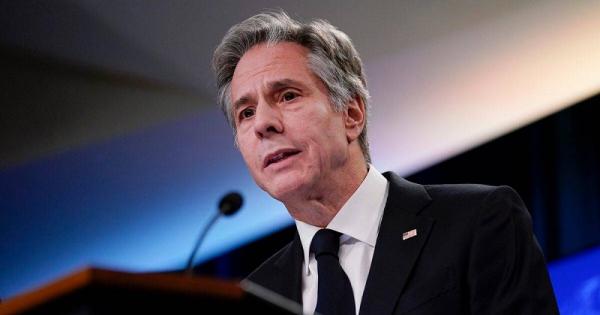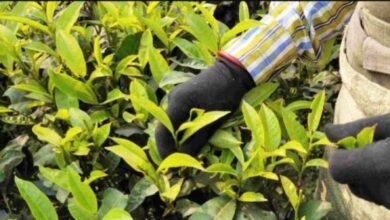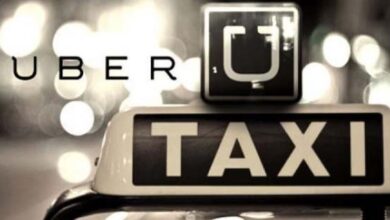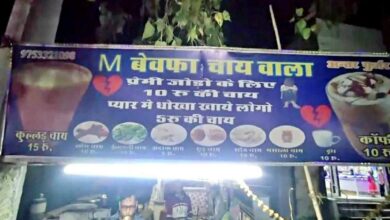Modi unmatched in the game of symbols

Politics is a game of concepts and symbols. It can also be said that it is a game of making assumptions through symbols. Prime Minister Narendra Modi is an unmatched player in this game. No one can use symbols better than them, and no one can do the work of changing perceptions with those symbols better than them. While giving a speech from the Red Fort on the occasion of the 75th anniversary of independence, he used many symbols one after the other and tried to influence the public with them. In the nectar year of independence, his party gave the country the first tribal president. That too as a woman. Draupadi Murmu became the President of the country just before Independence Day. It was an attempt to establish both female and tribal symbols in the electoral discourse. The Prime Minister also used it in his speech from the Red Fort.
In the beginning of his speech from the Red Fort, Prime Minister Modi especially remembered the contribution and martyrdom of tribal warriors in the freedom struggle. He took the names of Lord Birsa Munda and Sidho-Kanho. These names are associated with tribal pride, their identity and are part of their folk tales. Hardly any Prime Minister would have taken his name from the Red Fort. It was indeed a proud moment when Prime Minister Modi took the names of Lord Birsa Munda, Sidho-Kanho and Sitaram Raju from the ramparts of the historic Red Fort. Think, how the tribal society of the country must have felt connected with the Prime Minister from this address! Keep in mind that the BJP has become very weak in tribal-dominated Jharkhand and Chhattisgarh and is still looking for its place in Odisha. But after the tribal president, by referring to the tribal warriors from the Red Fort, the Prime Minister has taken the initiative to connect them with him.
Another very influential symbol, chosen by the Prime Minister, is that of women. Being very emotional and somewhat uncomfortable, he spoke about the humiliation of women. It was natural for him to be emotional and uncomfortable, but if it was acting, he was very powerful. He said that I don’t know how the humiliation of women has become a part of our conversational nature. The Prime Minister should be thanked for saying this from the Red Fort. Think how the humiliation of women has become acceptable in Indian society. Hundreds of verses and poems have been written in the honor of women, but almost all the abuses are also made about women. If even the slightest change comes from the Prime Minister’s appeal, it will be a big deal. Now the question is, why should what the Prime Minister said be considered symbolic? Because reality is something else. The Prime Minister himself has said such things about women leaders of the opposition – Sonia Gandhi, Renuka Choudhary, Mamata Banerjee and the late Sunanda Pushkar – which are degrading to any woman. His party and the government’s attitude towards women was revealed the very next day after his Independence Day speech, when the culprits of raping a pregnant woman and killing several people, including her newborn baby girl, were released from jail in Gujarat. given.
The third symbol is that of familism. Familism can be an evil of politics or of society but for the Prime Minister it is symbolic because he sees only the familyism of the leaders of the opposition parties. Dozens of leaders belonging to one or the other political family are also in BJP at this time. They are MPs, MLAs, ministers in the central and state governments and even chief ministers. But the Prime Minister sees no harm in that. Many of the BJP’s allies belong to political families, led by the second or third generation of the same family. But there is no problem with that either. Despite this, the Prime Minister speaks against familyism so loudly that everyone feels that whatever this man can be, he will not be a familyist. He and his party find Lalu Prasad’s son Tejashwi Yadav to be the Deputy Chief Minister, but Chaudhary Devi Lal’s great-grandson, Omprakash Chautala’s grandson and Ajay Chautala’s son Dushyant Chautala’s becoming the Deputy Chief Minister seems democratic! They find Mulayam Singh’s son Akhilesh Yadav to be the chief minister, but Dorji Khandu’s son Pema Khandu to become the chief minister seems democratic. There are countless examples of this type, no need to write them all. Despite this, he has successfully used the symbol of familism to put the opposition on the back foot.
Anti-corruption is also part of such symbolic politics. In his speech at Red Fort, he attacked corruption and even said that people should hate the corrupt. From Buddha to Gandhi, it has been said that hate the sin, not the sinner. But the Prime Minister spoke of hating the corrupt. It is a different matter that how many accused of corruption joined the BJP and the party embraced them instead of hating them. The number of such leaders cannot be counted on the fingers, against whom earlier investigations of central agencies were going on, raids were conducted and they joined BJP then the whole process came to a halt. This selective way of fighting corruption has become the hallmark of this government. Nevertheless, the Prime Minister appealed in a very loud voice and from a very high place to launch a campaign against corruption and cooperate with the public. Reality has its place but this appeal will resonate in the ears of crores of citizens of the country. The Prime Minister used symbols ranging from language to heritage and did it so brilliantly that the opposition was puzzled for a long time as to how to respond. The difficulty of the opposition is that it is failing to expose the magic of these symbols, on the contrary, it is getting entangled in this magic.




